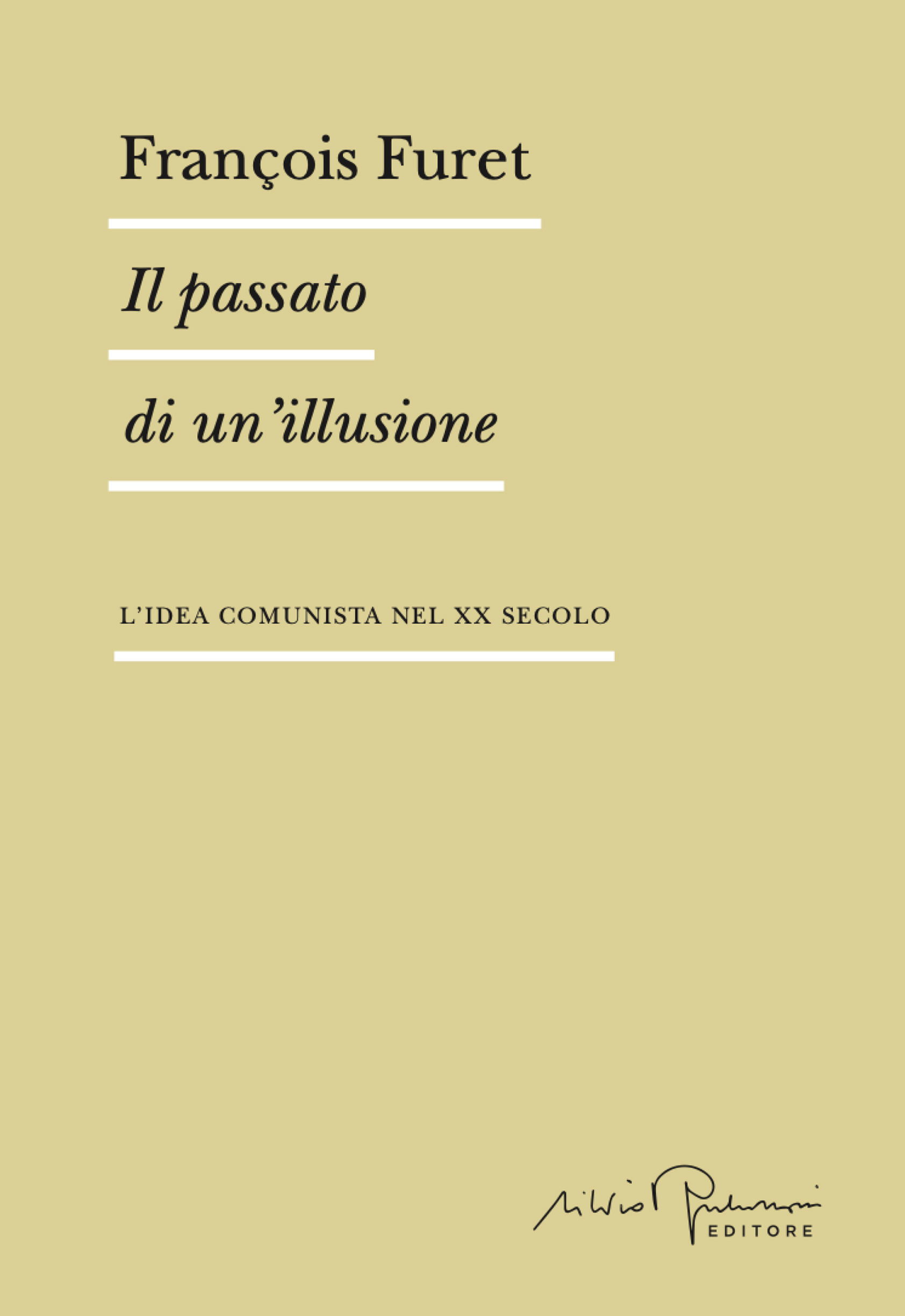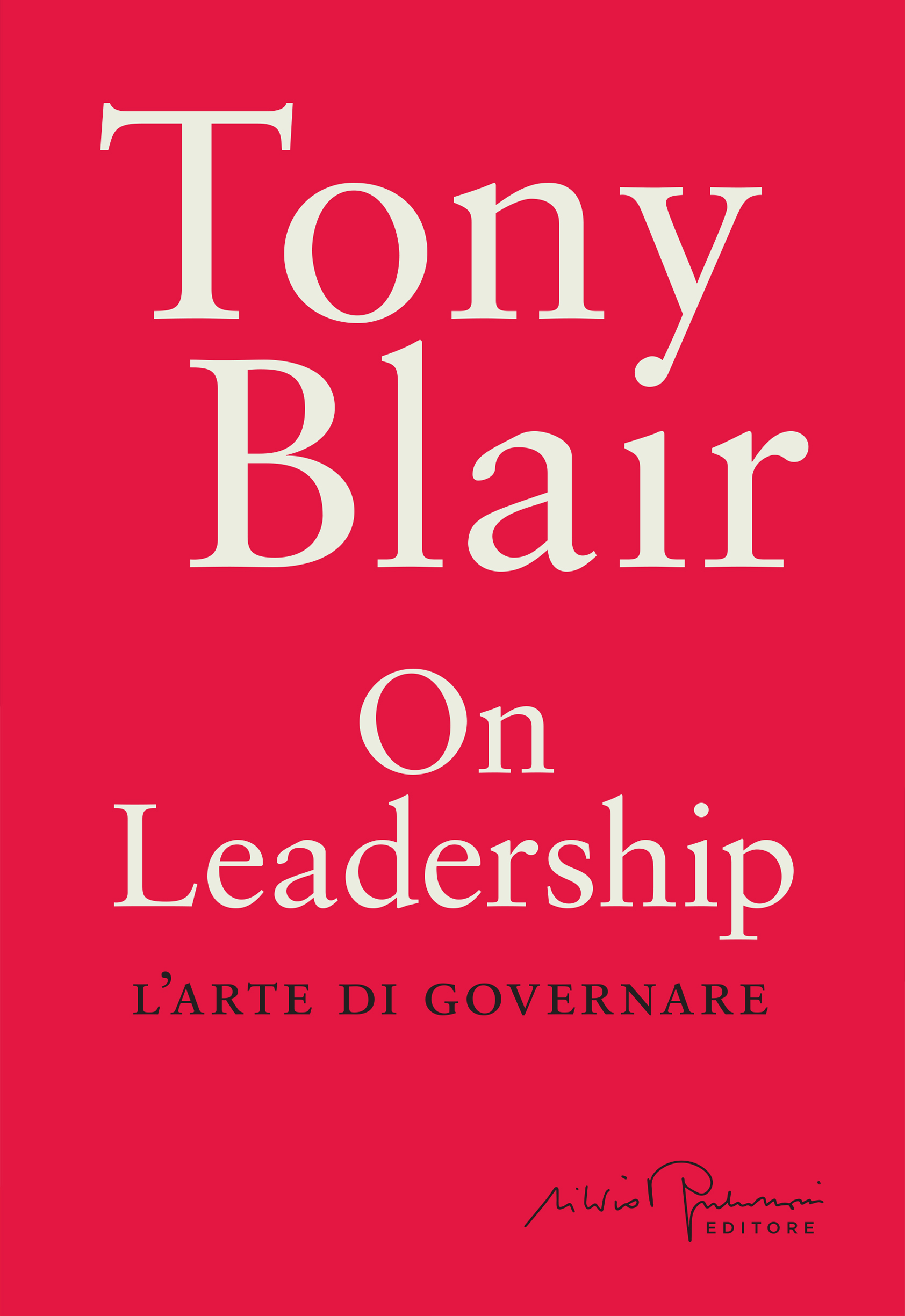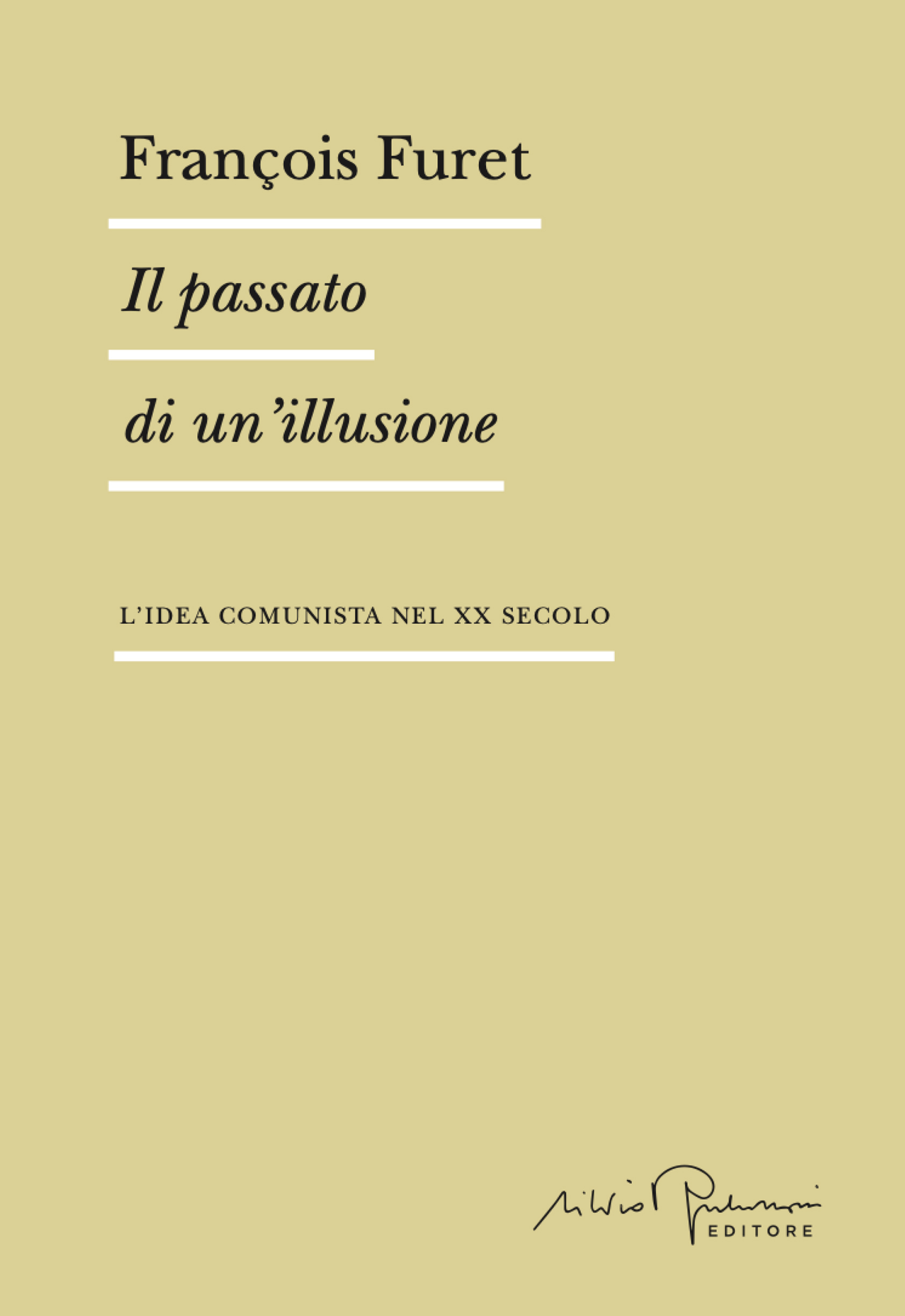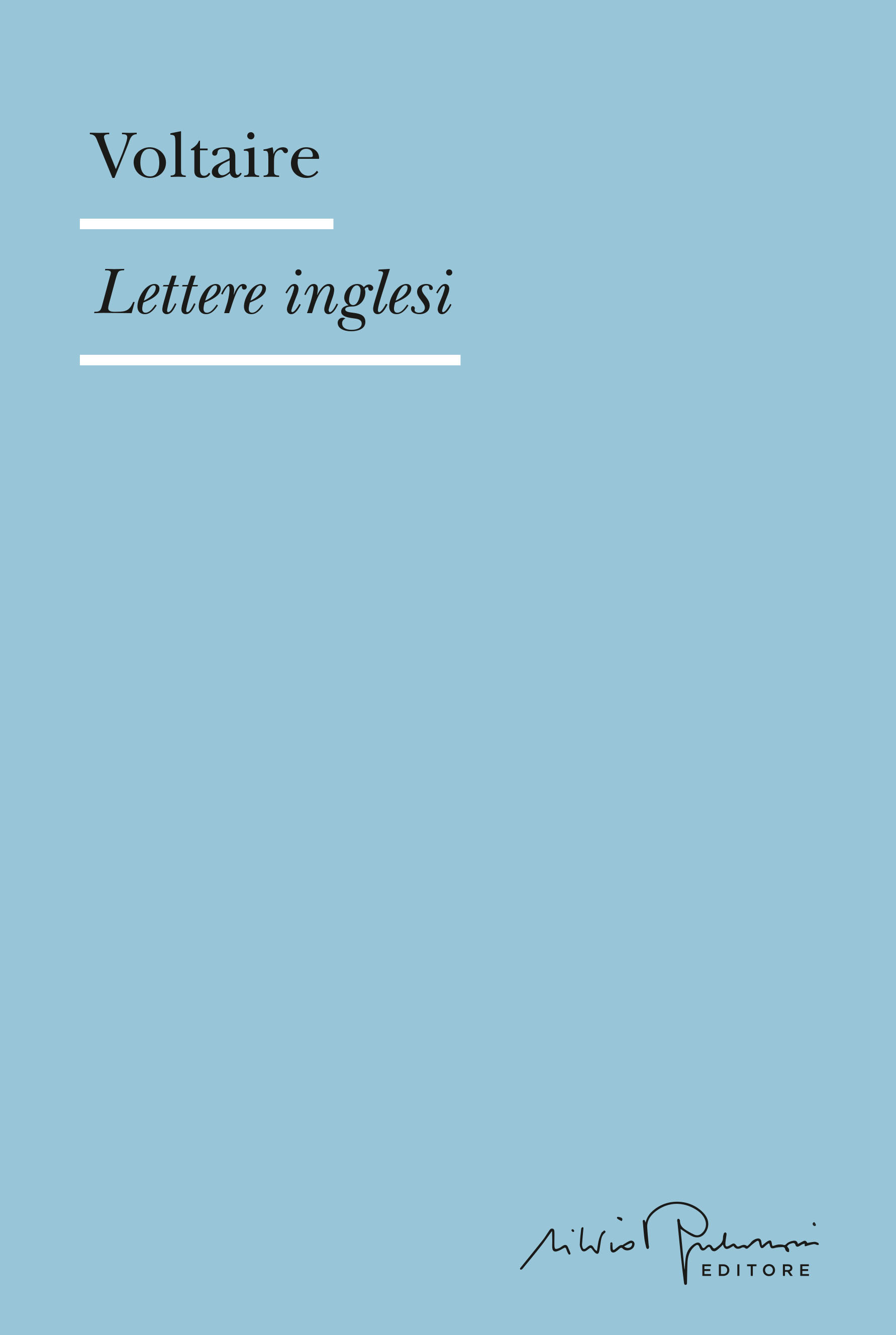Silvio Berlusconi Editore: the first three titles from the publishing house will be in bookshops from 5 september
The first three publications are by Tony Blair (simultaneously released worldwide in the UK and USA), François Furet and Voltaire
Tony Blair’s On Leadership, François Furet’s The Passing of an Illusion: The Idea of Communism in the Twentieth Century and Voltaire’s Letters on the English are the first three releases of the new publishing house.
Tony Blair’s On Leadership is part of the Libera series dedicated to works that discuss current affairs. Furet’s The Passing of an Illusion and Voltaire’s Letters on the English, translated into Italian for the first time by Antonio Gurrado, were conceived in the Biblioteca series, focusing on great classics that have stood the test of time.
How can we set priorities and deal with crises? How can we balance short-term victories with long-term structural changes? What is the best way to attract investment, to reform healthcare or education, and to ensure public safety? These are just some of the most significant questions that constitute the cornerstone of Tony Blair’s essay on the art of governing. The former British prime minister draws on more than a decade of experience in government, refusing to avoid the major issues that are still unresolved on the world stage and must be tackled head-on in order to assist the leaders of our time. The author’s track record, his commitment to supporting developing countries, working for peace in the Middle East and combating extremism have provided him with the tools to make a lucid and disenchanted judgement on today’s political situation. Never before has the quality of a nation’s government been as crucial to its success as it is today. There are countries that have the same population, similar resources and the same growth potential, yet some perform well, while others implode: the nature of leadership therefore becomes a decisive factor between growing and struggling states.
In On Leadership, technology is a voice in its own right, which is not considered one of the phenomena that leaders must manage, but rather the “epochal transformation” that affects all governments, which requires a decision on which side to take and whether to harbour outdated prejudices or to be open to change, first and foremost of ourselves. In chapter 19, we read: [generative AI represents] a radical alteration of the fundamental principles on which [the system] is based.” According to Blair, the technological revolution “makes it possible to implement measures that have real consequences in a reasonably short period of time – within an election cycle”, as “artificial intelligence is the only realistic way to improve productivity in the private sector [and] in the public service.” At the same time, Blair wants to emphasise that “it is up to each leader to decide how they want to use this all-encompassing revolution.”
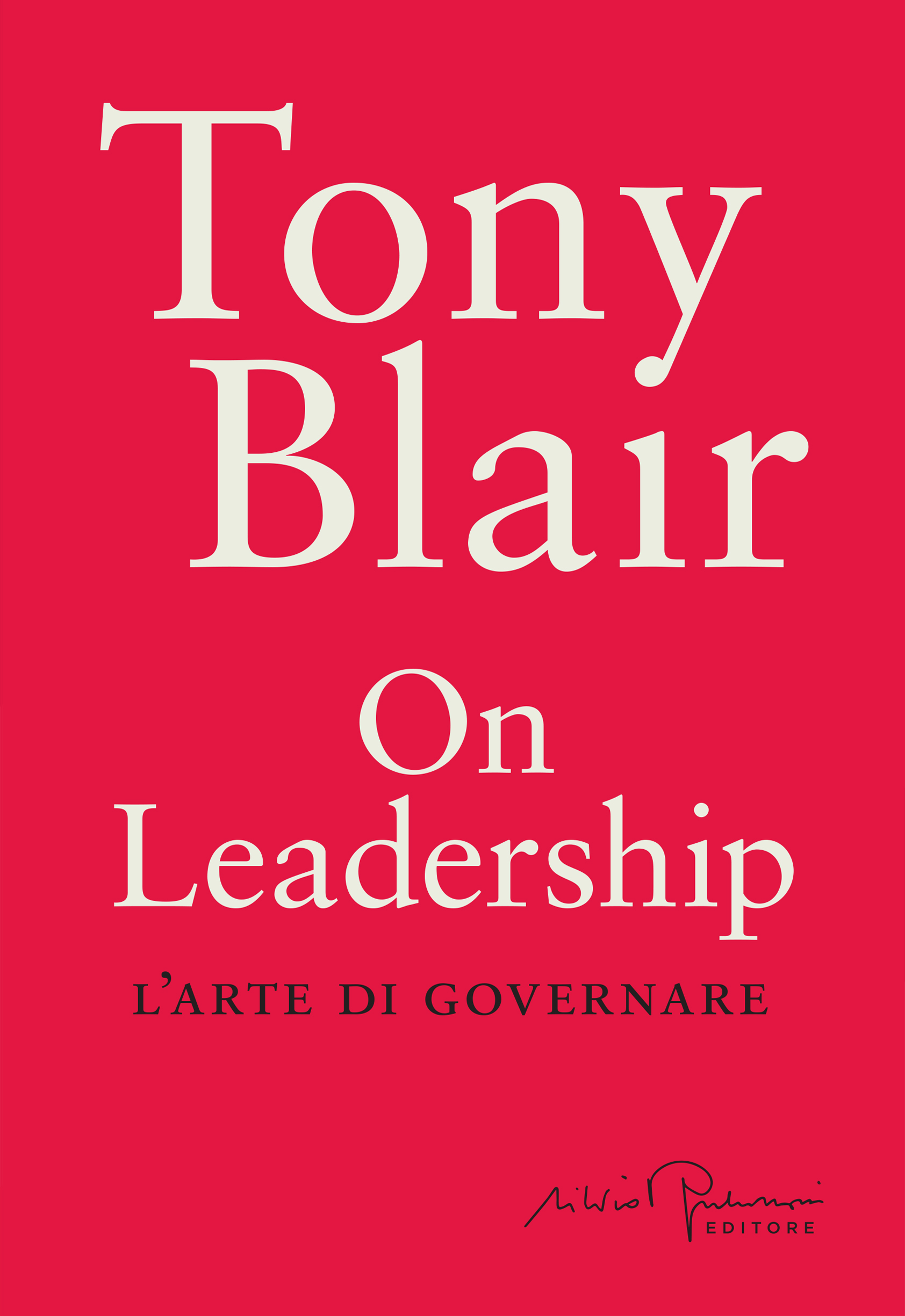
On the historical front, the Biblioteca series features the figure of François Furet, known for his seminal works on the French Revolution and Communism, and for having directed the École des hautes études en sciences sociales in Paris during his long career. The historian, in his work The Passing of an Illusion, edited by Marina Valensise, discusses the communist idea by analysing the difficult relationship between the expectations raised in terms of socio-economic conditions and what was achieved until the dissolution of the USSR in 1991. The author clarifies this paradox by pointing out as a hallmark of Leninism “the idea that old Russia, fresh out of Czarism, invents a social and political regime that can and should serve as an example to Europe and the whole world, placing itself moreover in continuity with the history of the West.” This claim nurtured by the Bolsheviks from 1918 onwards is still echoed in Furet’s words: “illusion does not <accompany> communist history: it is constitutive of it.” The denial of the facts makes “the story of the illusion of communism” even more compelling. This is the theme of the book and not the history of communism, as the author seeks to emphasize in the preface.

Also included in the Biblioteca series, Voltaire’s Letters on the English (Italian edition edited by Antonio Gurrado) is a highly topical work despite the different scenario that accompanied its inception. Voltaire’s focus is the theme of overcoming the logic of feudal government to arrive at a more liberated society, free of superstition and passionate about scientific knowledge. The pivotal theme underlying the publisher’s approach, namely freedom, therefore returns, contextualising Letters on the English in the most suitable cultural context for its enhancement.
In its attack on religious and political intolerance and, at the same time, in its defence of empirical thinking and the experimental method, Letters on the English, originally written in England between 1727 and 1728 and published in London in August 1733, constitutes one of the very first expressions of Enlightenment thought, a manifesto of the values that shaped the emergence of 18th-century culture. It is no coincidence that Oliver Goldsmith, the Irish writer and playwright, described Voltaire as “the poet and philosopher of Europe”.
The work, translated for the first time directly from the original written almost entirely in English, is presented to the public in the knowledge that Voltaire decided to spend two years in England in order to become an English author, with a plan that therefore went beyond the motivations of mere travel.
At the same time, Voltaire was also a pioneer in terms of knowledge dissemination, since he was one of the first to successfully convey the ideas of English philosophers to the general public.
For these reasons, Letters on the English undoubtedly ranked among the best-selling 18th-century books in the British Isles: fourteen more editions were published over the course of the century.
Voltaire therefore managed to establish himself not ‘in spite of’ having written in a foreign language, but ‘because’ he had written in a foreign language such as English “the language of a free nation […] the only one that could express with vigour what I could only sketch faintly in my native tongue.”
